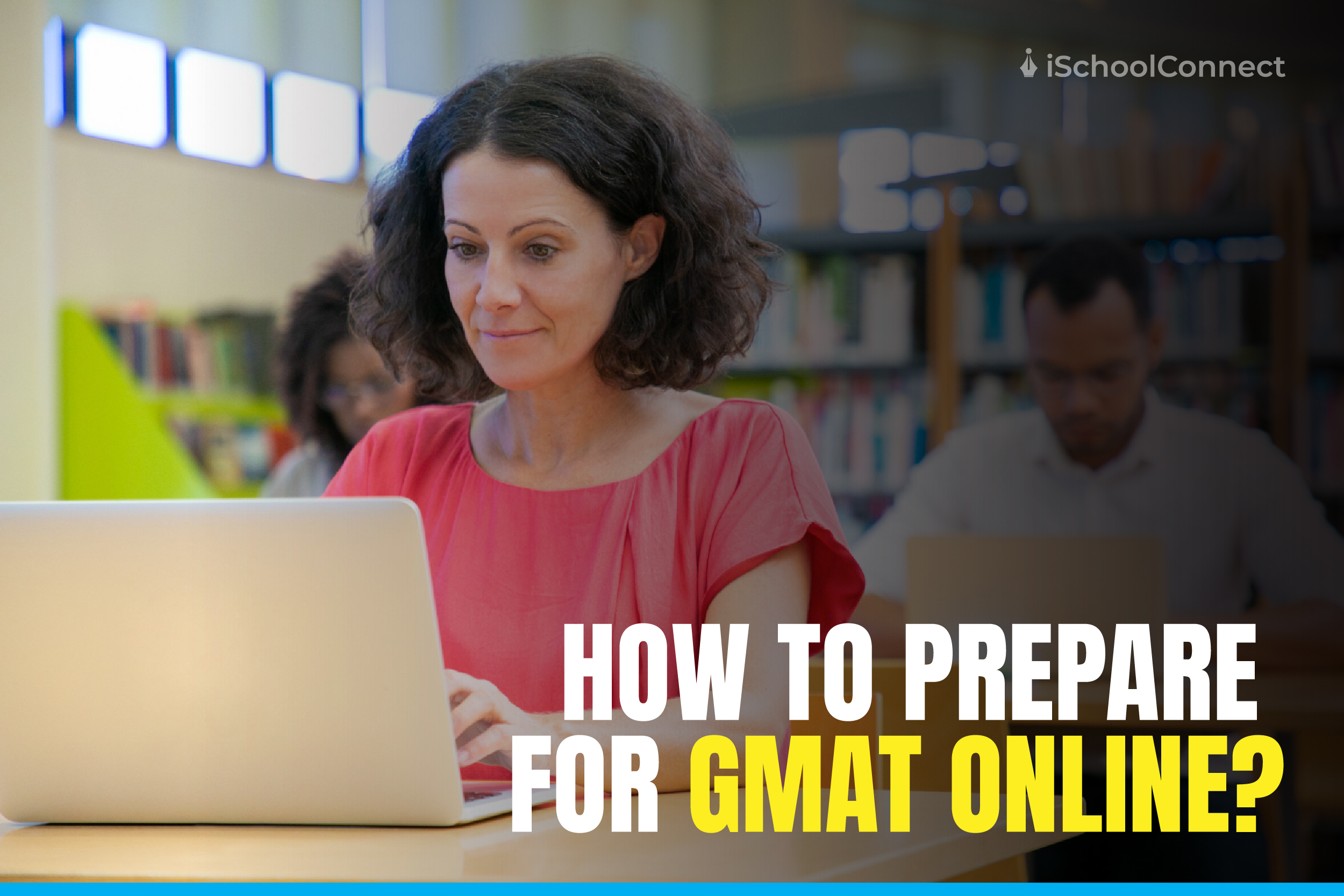Table of Contents
How to study smart and save time
Do you ever feel like your study habits aren’t up to the mark? Many students realize their high school study habits do not translate well to college. It is understandable, given how different college is from high school. Professors are less involved. Classes are more extensive, exams are more important, reading is more intense, and courses are much more rigorous. If you cannot cope with the pressure, that doesn’t mean you’re a terrible student; you must improve your study skills. Fortunately, many active how-to-study smart strategies have been demonstrated to be effective in college classes.
Implementing the below-given tips into your regular study routine will help you learn course material more efficiently. Experiment with them to find the ones that work best for you.
Listed below are some smart study tips
Brief periods of study
Short study sessions help your brain process information much better than long sessions with lots of information. Consider dedicating 30 minutes to your studies before or after work. Planning ahead of time, reading, and creating a study schedule can help you avoid all-nighters.
Enter the zone

Find your ideal study space and gather all the necessary books and items. The preparation time also helps the brain study all the concepts related to the topic. Limit distractions as well; for example, if you must listen to music, choose melodic music without lyrics, leave your phone alone, and avoid social media.
Get enough sleep and exercise
You absorb information better when you’re alert, well-fed, and rested – and even better after you exercise. To get your brain powered up, ensure you’ve eaten nutritious foods like fish, nuts, berries, and yogurt. It’s also a good idea to drink water and move around between 30-minute sessions.
Make flashcards
Your brain can process information better when you write something down after reading or hearing it. You’ll have to ditch the highlighter and make flashcards with the essentials. The Leitner System is also suitable for studying because it employs the principle of spaced repetition and increasing intervals.
Join the dots

Making connections can be beneficial for students. Consider how the information you are reading, watching, or listening to relates to one another. It is known as contextual learning. Try it on related information on a single flashcard.
Establish objectives
Make a list of your study objectives and check them off as you complete them. It will motivate you and give you a sense of accomplishment and help you feel in control, and reduce any study stress.
Examine yourself
Practice tests are a great way to see where you stand and where you can improve. There are some excellent templates available online to assist with structure. Make a note of anything complicated you come across in your readings, and remember to test yourself later for a challenge.
Make an effort to teach it.
People who study a topic and teach it to others absorb the information more logically than those who study for themselves. A study conducted in the United States found that students who participated in peer learning performed significantly better on a reading test than students who did not, proving the effectiveness of peer tutoring on academic achievement.
Read aloud and remember
Read your flashcards and summaries aloud, whether alone or with a friend or family member. To help further cement your main points and arguments, close your eyes and try to recall what the flashcards say. Reading aloud helps in remembering all the points as well.
Remove the screen
A psychology lecturer at the University of Leicester in England discovered that reading from a screen rather than a book or piece of paper makes it more difficult to remember what you’ve read. Print out some lecture notes or online articles to add to your study routine and give your eyes a break
Maintain a positive attitude
Everything boils down to attitude. Be enthusiastic about your subjects and use positive affirmations to convince yourself that you will succeed and achieve your study goals.
Key takeaways
- Every student needs study tips for a degree or expands their knowledge base. Working harder to succeed is not always necessary; studying smarter matters.
- Many students realize their high school study habits are not suitable for college. Professors are less involved. Exams are more important, reading is intense, and classes are much more rigorous and fast-paced.
- Implementing smart study tips into your regular study routine will help you learn efficiently. You can also experiment with smart study tips to find the ones that work best for you.
Did you find this blog informative? If so, please share your thoughts in the comments section below. Click here to contact us for more information on How to study smart. We would be happy to assist you with your queries.
Liked this blog? Read next: Follicular study – Everything you need to know about
FAQs
Q1. How can I study very fast?
Ans- 10 proven ways to be a quick learner
- Take notes with pen and paper.
- Have effective note-taking skills.
- Distributed practice.
- Study, sleep, and start studying again.
- Modify your practice.
- Try a mnemonic device.
- Use brain breaks to restore focus.
Q2. Which time is best for studying?
Ans- Most students prefer to study in the early morning, generally between 4 and 5 a.m., when the brain is more likely to concentrate. It is the best option for students with more stamina in the morning.
Q3. Is it okay to study with music on?
Ans- Some researchers suggest that music can help reduce stress during an academic task and may aid memory and processing during cognitive tasks.








Thanks so much for The Wonderful Service!!!
Can you please Give More Infos about GMAT Exams???
Thank 😊 You In Advance!!!
Hey,
One of our counselors will get in touch with you soon!
You can check out our website till then
All the best.
You can also contact us-
Email- info@ischoolconnect.com Phone +91 9145332283